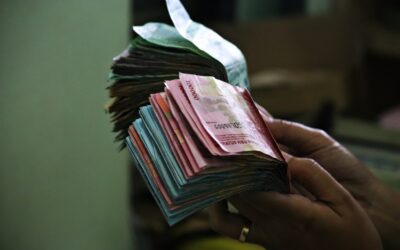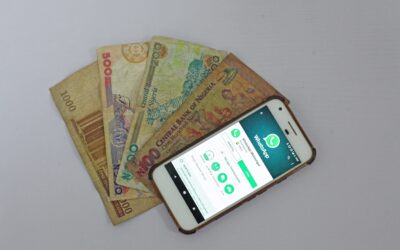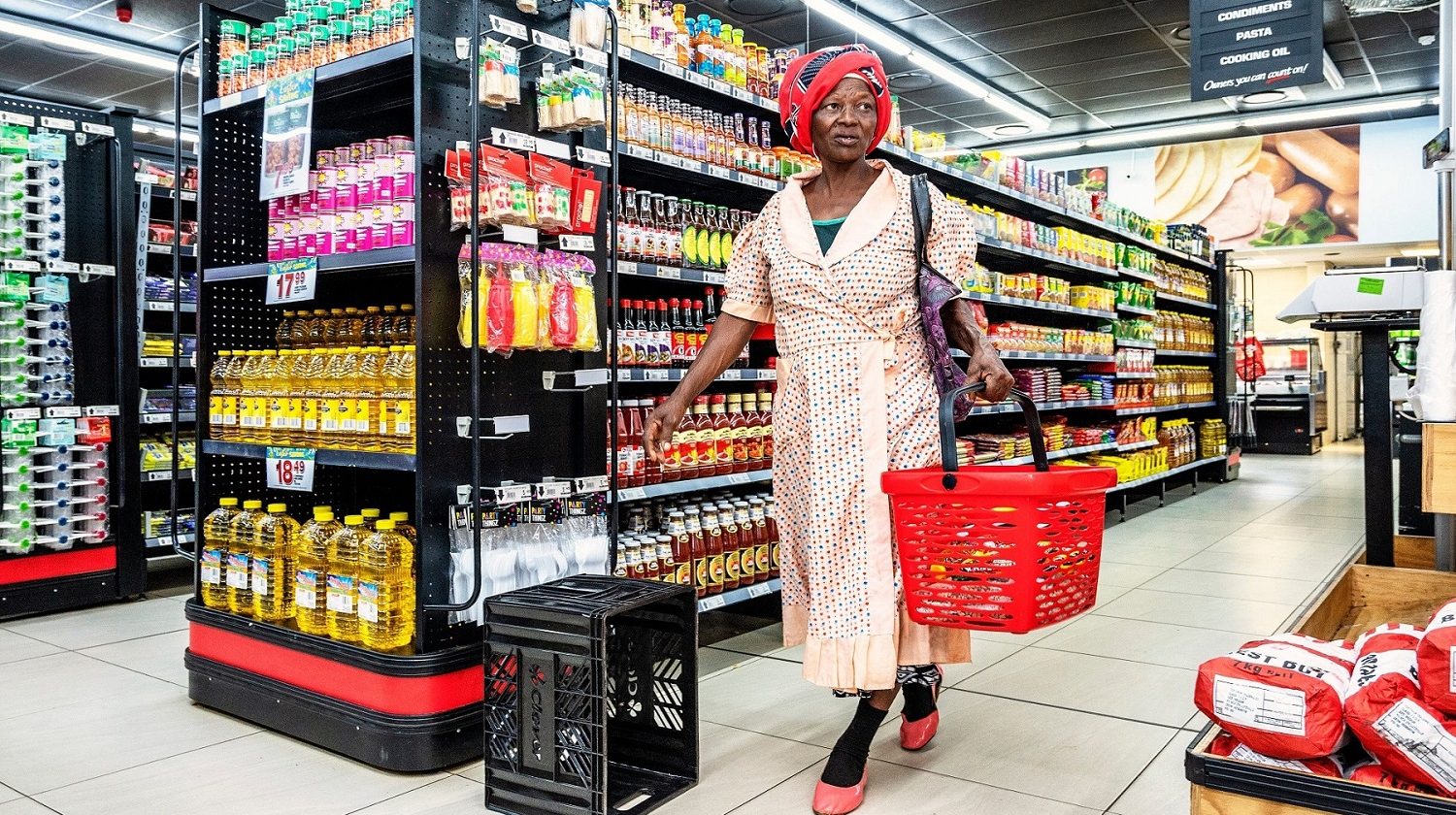Perhaps the challenge for us is how to use the ‘higher standard’ cash is measured against to raise the game of all humanitarian assistance.
From the Blog on cash programming
Transferable Skills, Stories, and Sunk Costs
The thing about sunk costs in organisations is that they can be viewed as costly. Sometimes what we need to ‘leave behind’ is significant.
New Models Required
The models that brought us growth and efficiency will also be our demise. It is a race to the bottom; someone will always be cheaper than us.
Policy Committments and Getting Over Humps
At ‘The Grand Bargain’, two of the committments agreed were for ‘more cash programming’ and ‘greater localisation’. What’s the impact?
Local
Technologies can be a platform to help us and others ‘see’ the local network of people. We can buy locally more easily.
Beyond Financial Inclusion
Financial inclusion without financial literacy is irresponsible. Understanding how to live wisely in the financial world must be a fundamental aspect of inclusion.
Dark Side of Cash & Digital Transformation: Surveillance
One would be hard pressed to make a case that cash programming doesn’t contribute to the possibility of surveillance – we’re not talking about this enough
Feedback in State of the World’s Cash
We are capturing more feedback than ever, but still not acting or making change on it. We are wasting everyone’s time and resources, this must change.
Will Cash Programming Save Humanitarian Aid?
Cash programming will ‘save’ humanitarian aid when we decide it is ok for the people affected to tell us what they want in kind and what they want as cash.









